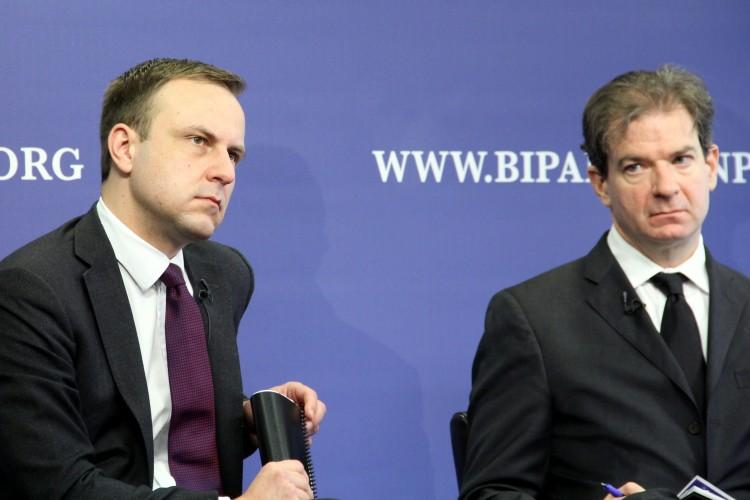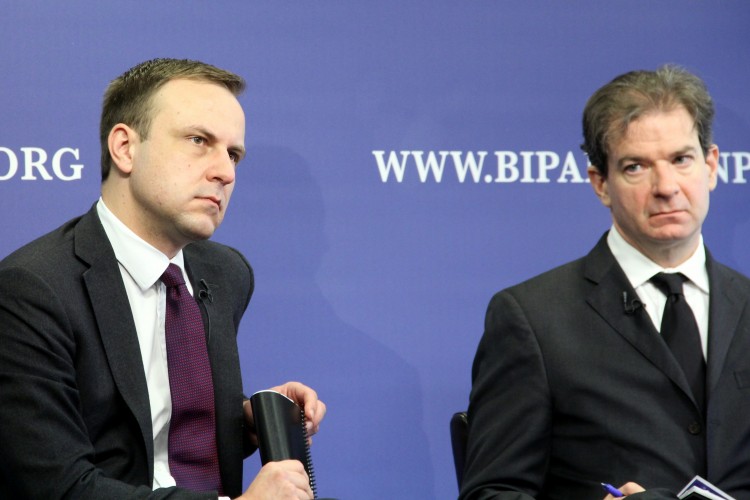WASHINGTON—Wade Michael Page, the gunman who killed six worshipers at a Wisconsin Sikh Temple last August, did not become a neo-Nazi through the Internet, but there is no doubt that the hours he spent connecting with like-minded people on white supremacist websites fueled his prejudices.
The rock star with racist tattoos posted more than 250 comments on one website and urged others to “stop hiding behind their computers” and take action.
The case was highlighted in a report titled, “Countering Online Radicalization in America,” commissioned and launched by the Bipartisan Policy Center think tank in Washington, D.C., Dec. 4.
Radicalization is defined in the report as “the process whereby groups or individuals become political extremists.”
According to report author Dr. Peter Neumann, terrorists and extremists have embraced the Internet with vigor.
“There is a lot of recruitment and radicalization happening online,” Neumann said at the launch.
The Obama administration needs to develop and implement a comprehensive strategy to counteract online terrorist activity, said Neumann, but he warned against putting restrictions on the Net.
The inclination may be to shut down radical websites, filter content, and control what the public can access; however, that approach is not only ineffective but also counterproductive, Neumann said.
“Censoring the Internet is not the quick fix, not the silver bullet that some people imagine it to be,” he added.
Neumann, professor of Security Studies at Kings College London, believes that the most effective way to counter online radicalization is through more engagement, not less—and that involves educating people and countering “bad ideas with good ideas.”






